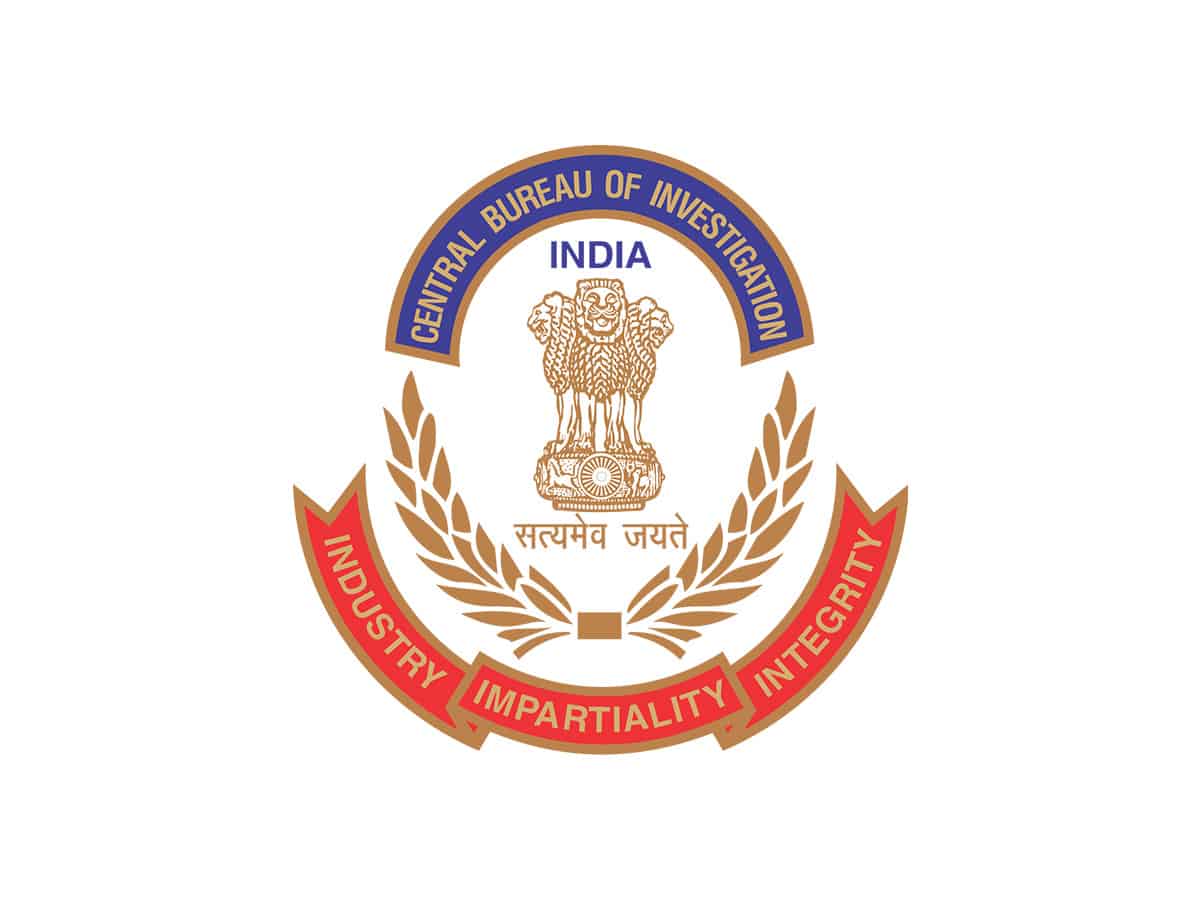New Delhi: The Central Bureau of Investigation (CBI) has registered a case against Ludhiana-based SEL Textiles Ltd (SELT) and its directors for allegedly cheating a consortium of 10 public sector banks to the tune of Rs 1,530 crore.
According to the CBI FIR, the directors of SELT Ram Sharan Saluja, Neeraj Saluja and Dhiraj Saluja have also been named as accused in the case along with unidentified others.
A CBI official here said that the agency registered a case on a complaint from the Central Bank of India which has alleged that SELT and its directors indulged in a criminal conspiracy to defraud the banks and divert the loan funds with an intention to misappropriate them between 2009-13, causing a loss of Rs 1,530 crore to 10 public sector banks of the consortium.
The bank in its complaint said that Ram Sharan Saluja and Neeraj Saluja are based in India, while Dhiraj Saluja manages the overseas business of the company and lives abroad.
The CBI sources said that after registering the case, the agency carried out searches at the residential and official premises of the accused on August 14 and 15 in Ludhiana. The bank in its complaint has also requested the CBI to impound the passports of the accused to prevent them from leaving the country.
The Central Bank of India had declared the account as a non-performing asset in 2014 and later other banks also followed, they said.
The bank said that the company sought corporate debt restructuring (CDR) during which a special investigative audit was conducted by the banks. “The audit showed irregularities on the part of SELT but the company did not provide some critical information to auditors due to which they could not verify most of the details,” the complaint said.
The CBI FIR further alleged that even after the declaration of NPA, the banks conducted a forensic audit which revealed large scale diversion of loan funds. The audit report in the FIR said that opaque and recalcitrant approach towards lenders and inadequate disclosures during the forensic audit give credence to wilful default impressions.
The FIR also alleged that the company diverted short term funds for long term uses as well as diverted funds for acquiring unproductive assets, creating an additional chain of intermediary for purchases beyond its capacity owing to weak financials.

